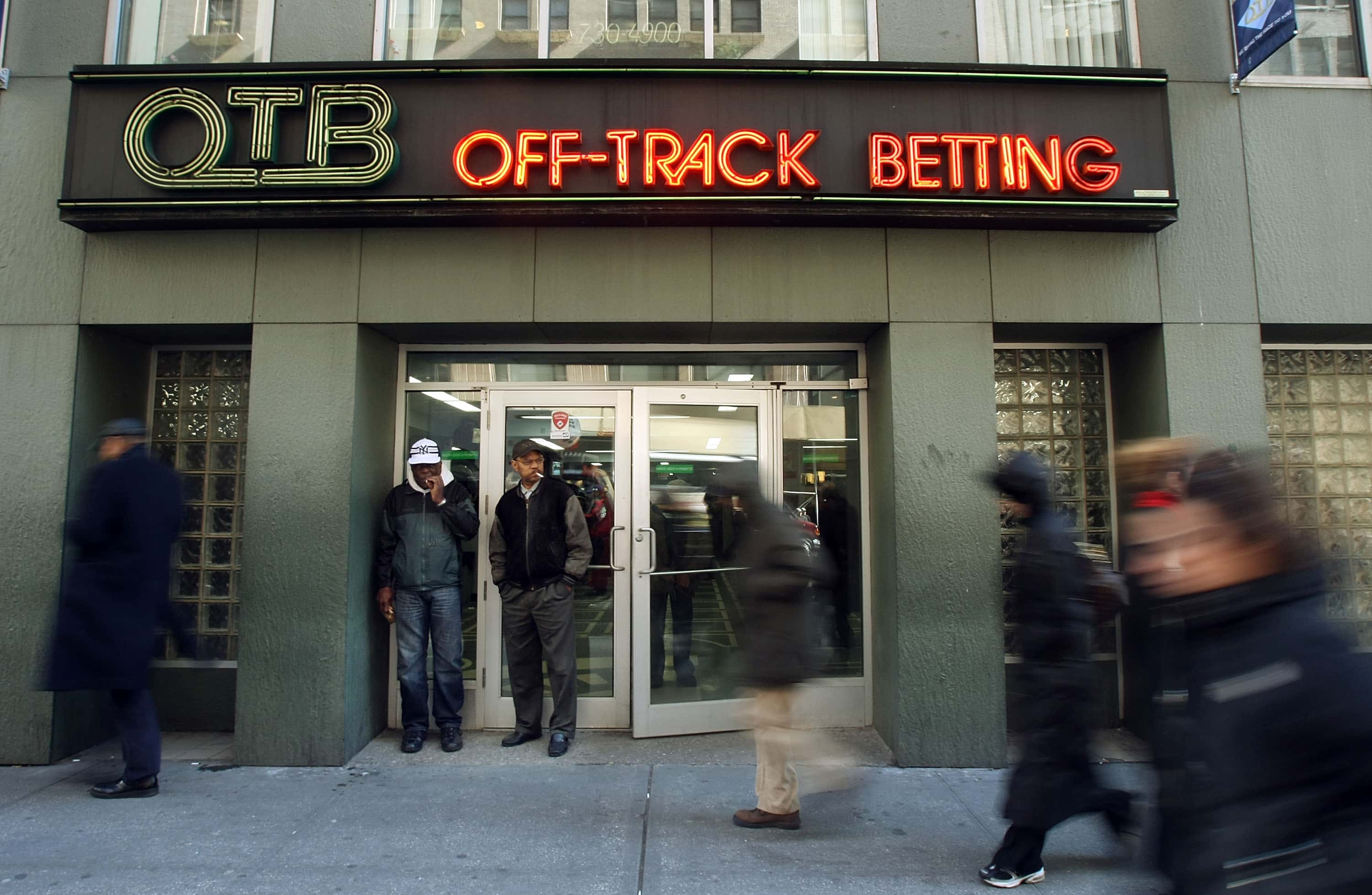New York’s new sports gambling law could undergo revisions that could bring gambling parlors to the Five Boroughs. Boardroom gets the inside story from Assemblyman J. Gary Pretlow.
Madison Square Garden could have gambling kiosks. So, too, could Barclays Center. If baseball is out of lockout mode, Citi Field and Yankee Stadium could have them come springtime.
Under a proposal submitted to the New York State Legislature by Assemblyman J. Gary Pretlow, head of the state Gaming Commission, adjustments could be made to New York’s brand new sports betting law that would provide more public places for enthusiasts to wager on sports.
The proposal leaves a lot to be desired as it relates to the establishment of gambling parlors in New York City and various locations upstate, but it would represent a step toward undoing some of the inadequacies within the current law that was raced through the state legislature and ultimately signed by former Gov. Andrew Cuomo.
“What I am trying to do here is make the law look more like what myself and my co-sponsor originally proposed,” Pretlow told Boardroom in an exclusive interview Wednesday.
Pretlow emphasized that he is not in favor of reducing the onerous 51% tax that sportsbooks will have to pay once online sports gambling begins in New York sometime in January. Currently, legal wagering is being held up while the companies that were awarded sports gambling licenses build computer servers on the grounds of Native American casinos located upstate.
A mid-January launch is expected, barring any unforeseen disruptions, but because of the high tax rate that sports betting companies will have to pay in New York, there is a concern that big-money gamblers will continue to travel to neighboring New Jersey or Connecticut to avail themselves of better odds.
That was one of Pretlow’s original concerns, as first reported on this site last month. This proposed amendment would not address that particular problem, but would rather be a test case of whether the 10-year law could be amended to benefit New York gamblers along with the horse-racing industry.
“There would be more bettors because there would be more kiosks, and what you can do at a betting kiosk is different from what you can do on a mobile phone,” Pretlow said. “For example, if you want to win $100 and you only want to wager $5, the kiosks give you a bunch of options telling you exactly how you can do that.”
Pretlow is a big believer in the idea that sports gambling should be a communal experience, which makes it more enjoyable — as anyone who has ever been to a sportsbook in Las Vegas can attest. But the law that was passed last year makes establishing a wide-ranging retail component difficult, and this proposed adjustment to the law would begin to rectify that.
It is a small step in making changes to the new law to bring it more in line with what Pretlow and co-chairman of the Gaming Commission, Joseph Addabbo Jr., originally envisioned. For instance, their proposed legislation would have required every sportsbook that gained a New York betting license to open a New York-based office, which would in turn create jobs.
Due to the makeup of the Wagering Commission, which Cuomo packed with political allies, that did not happen.
“Millions of New Yorkers are going to open accounts, and they are going to be offered sign-up bonuses with matching funds. But is that matching money going to be there so that the sportsbooks can make a profit? With a tax rate at 51%, I do not see a lot of wiggle room for them to do that plus make money,” Pretlow said.
Pretlow anticipates the sportsbooks coming back to New York legislators to ask for a reduction in the 51% tax rate, which he is not going to go for… yet. He has seen upstate tribal casinos ask for a reduction in their tax rate, which they received when the existing slot machine tax was lowered from 37% to 30% under pressure from lobbyists for the gambling company, Rush Street Gaming, that partnered with the Mohawk Nation.
“I have been doing this a long time,” Pretlow said, “and I want to stop them from thinking there is going to be a [tax rate] reduction.”
The road ahead is long, but there’s something in particular that Pretlow wants to see happen first: A revival of many of New York City’s defunct OTB (Off-Track Betting) parlors, which processed horse racing bets for several decades when “The Sport of Kings” was the only thing aside from the lottery that New Yorkers could gamble on.

An entity called Catskill OTB is still in business, and what Pretlow is trying to do is create market conditions under which Catskill OTB could re-open many of those New York City parlors in the months and years ahead. But because New York’s new gambling law covers a 10-year period, changes are going to have to come gradually. Pretlow does not expect to make many fast friends in the legalized sports betting industry as he works to amend the current law.
It’s all just part of the process.
And as New York struggles to emerge from the pandemic, nothing is happening quickly. So file this one under “stay tuned.”
As anyone who has followed the legalized US sports gambling industry can comprehend, everything can change in an instant. But at the same time, nothing happens instantly anymore. Such is life in 2021, the year that in several ways made 2020 look quaint by comparison.